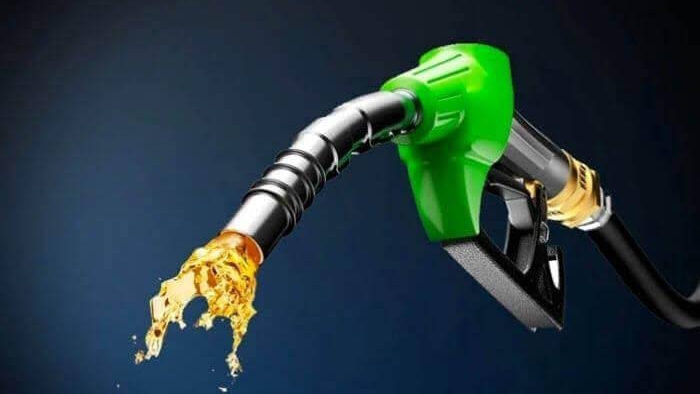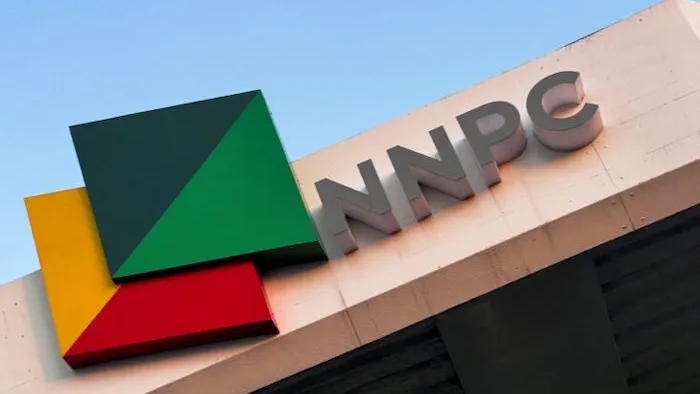-
Petrol imports into Nigeria have dropped by over 67% in eight months, from 44.6 million litres daily in August 2024 to 14.7 million litres by April 13, 2025.
-
Marketers attribute the drop to foreign exchange scarcity and price volatility, not just improved local refining.
-
Local supply has increased, driven by the restart of the Port Harcourt refinery and increased output from modular and Dangote refineries.
Oil marketers have said Nigeria’s sharp decline in petrol importation is largely due to limited access to foreign exchange and unstable pricing in both local and international markets.
Data from the Nigerian Midstream and Downstream Petroleum Regulatory Authority (NMDPRA) show that petrol imports dropped from 44.6 million litres per day in August 2024 to 14.7 million litres as of April 13, 2025. The NMDPRA CEO, Farouk Ahmed, said this drop has been balanced by a 670% rise in local supply, supported by the resumption of operations at the Port Harcourt Refinery and output from modular refineries.
READ ALSO: Nationwide Fuel Scarcity Looms as IPMAN Gives FG 7-Day Ultimatum Over N100bn Debt
ATTENTION: Click “HERE” to join our WhatsApp group and receive News updates directly on your WhatsApp!
However, stakeholders say the shift is driven more by economic realities than just domestic production. “Marketers are no longer bringing in products because of some trading factors,” said Chinedu Ukadike of IPMAN.
“We now have to consider both international and domestic pricing dynamics to avoid significant losses.” Dr Billy Gillis-Harry of PETROAN also noted that forex scarcity is a major constraint: “If access to forex is limited, then so be it.” Industry analyst Olatide Jeremiah added that more marketers now source directly from Dangote Refinery, with its growing control of pricing influencing the overall supply chain.

















Leave a comment